Divestments give Total big profit
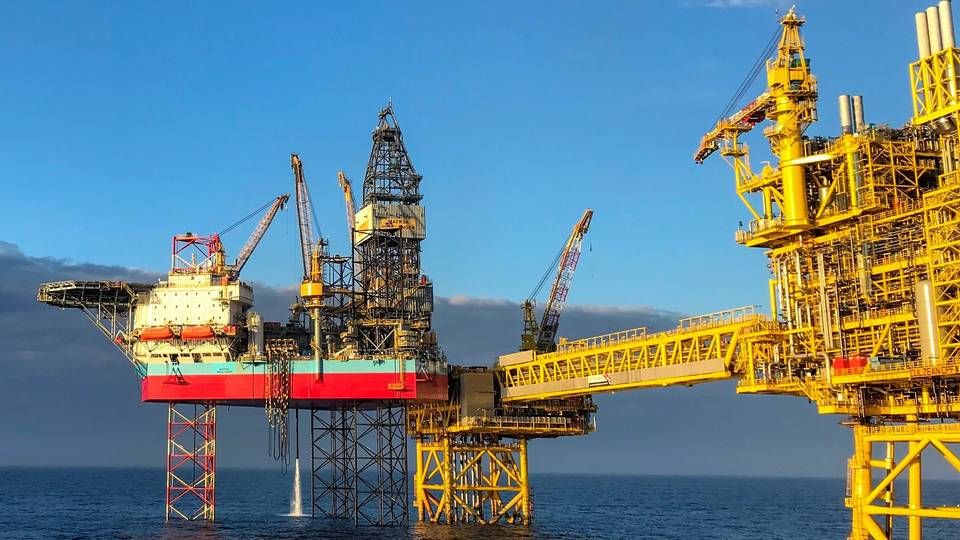
It's in the nature of things that annual financial reports take a snapshot of conditions at the moments when fiscal calendars end.
In a year as eventful as 2020, it's necessary to quickly clean the lenses of one's glasses. As such it might seem completely skewed when an annual report, as is the case for Total's Danish unit, is also published roughly six months after passing the accounting deadline – and several months after the French oil supermajor on a group level announced a 99-percent decline in this year's net Q1 earnings.
The still frame of Total E&P Denmark's 2019 paints a quite different picture. Here, the net result went forward by two thirds to USD 406.8 million despite a roughly 30 percent slide in revenue landing at USD 688.6 million.
Extensive restructuring
However, behind these figures lie not only a world tinted pre-pandemic and before the oil price collapse. In several ways, the snapshot also obscures a turbulent year during which the French company continued to refurnish the shop after taking over Maersk Oil in 2018.
"2019 was characterized with significant activities meant to transform our business and thereby improve our competitiveness, so we can also focus on developing the potential in the Danish underground in a sustainable way," writes Total E&P Denmark Managing Director Philippe Groueix in a comment.
"We adjusted our operation to prepare for the temporary closure of Tyra, and the transformation process included organizational restructurings and cost optimizations. We changed our way of working, which means we're working more lean, effectively and digitally while maintaining our focus on a safe and responsible North Sea operation," he adds.
Soothing dividend
The improved result might intuitively be attributed to the fact that last year's realized oil price was USD 65 per barrel, 12 percent higher than the year prior. Meanwhile, revenue could be seen as connected to the closure of the uncontested largest fossil energy asset in the Danish North Sea, Tyra, which has been underway with an expansion since September, planned to last until July 2022.
But even though this certainly also plays a role, it's far from the weightiest factor behind the result. Despite everything, Total's Danish output fell by only one seventh in 2019 to 41,000 barrels of oil equivalent per day.
The decisive element is traceable, rather, to something as glamorous as the the group's internal reorganization. During 2019, Total E&P Denmark offloaded its subsidiaries in Angola, Brazil and the UK, which have historically filed under the Danish parent company from the time of Maersk Oil. Now only operations in Kurdistan, Kazakhstan and Algeria remain as mentionable production companies beyond Denmark.
During the year, technically speaking, Total sold assets worth USD 4.1 billion. While the trimming of the Danish business makes a mark on the bottom line via USD 311.5 in group dividends, which result in annual financial posts landing at USD 258 million.
So, behind this massive bottom-line growth, Total's Danish unit actually experienced an 18-percent decline in its operating result, settling at USD 303 milliion.
"Neutral result" in 2020
Even so, Groueix would probably have preferred to swap 2020 for an operating result of that caliber.
In 2020, the reestablishment of Tyra will serve as a backdrop for the entire year, whose impression will also reflect the coronavirus and the spring's oil price implosion, prompting Total to project "a neutral result" for 2020.
The oil company declares, though, its restructuring and adjusting Danish operation to be well prepared to withstand tougher times with a breakeven of USD 20-25 – also considering the dismal state of affairs at the time management submitted the financial report for approval.
The oil price has fallen significantly during the spring of 2020 and at the time of the report's submission is at an historically low level," the company writes in a executive statement and continues:
"The Total group expects the oil price to stabilize at a higher level than at present during the coming year and has not identified impairments related to the company's annual report nor the investments, even though the current overall market situation could be an indication of an impairment trigger."
English Edit: Daniel Frank Christensen
(Note: Groueix citations translated from Danish)
Total Denmark gets new chairman
Related articles
Total Denmark gets new chairman
For subscribers
Major supplier to Tyra field sacks almost half
For subscribers
Total meets with key contractor to avoid layoffs
For subscribers


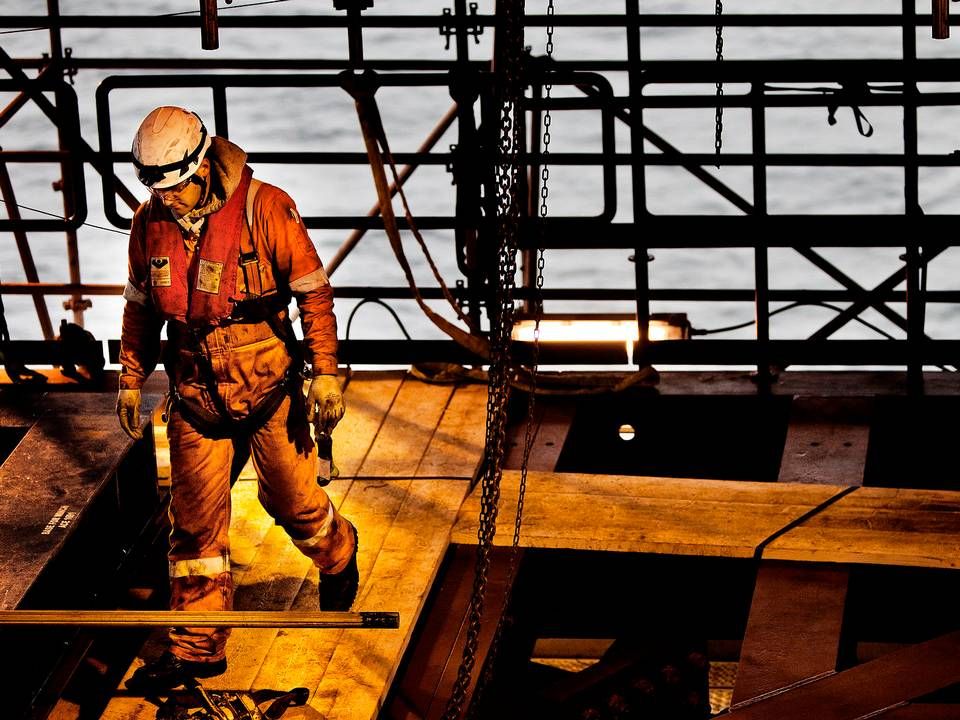
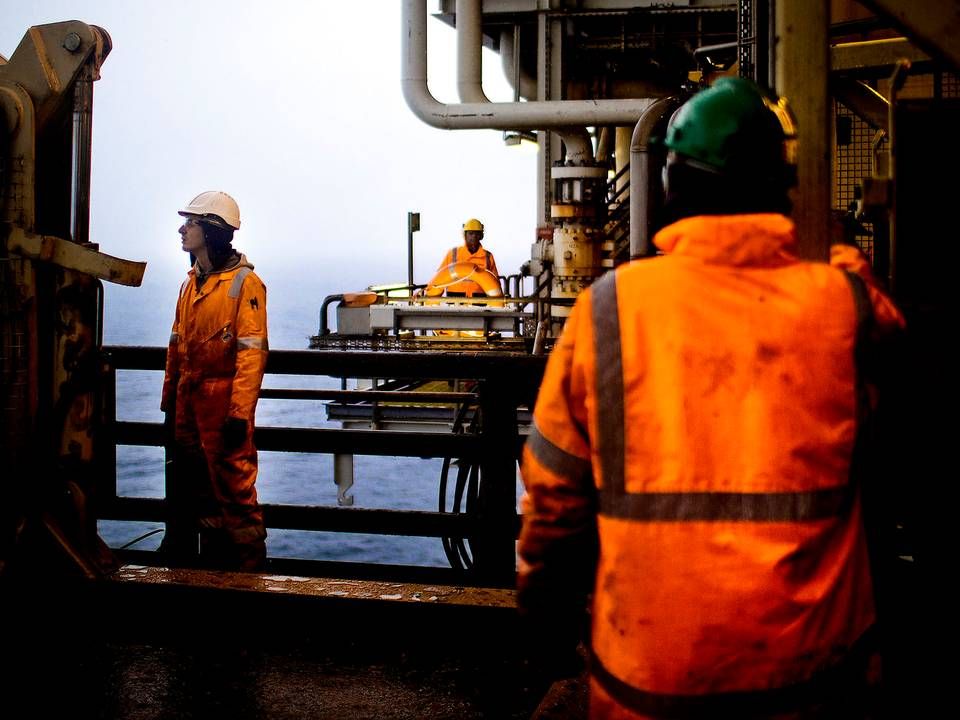








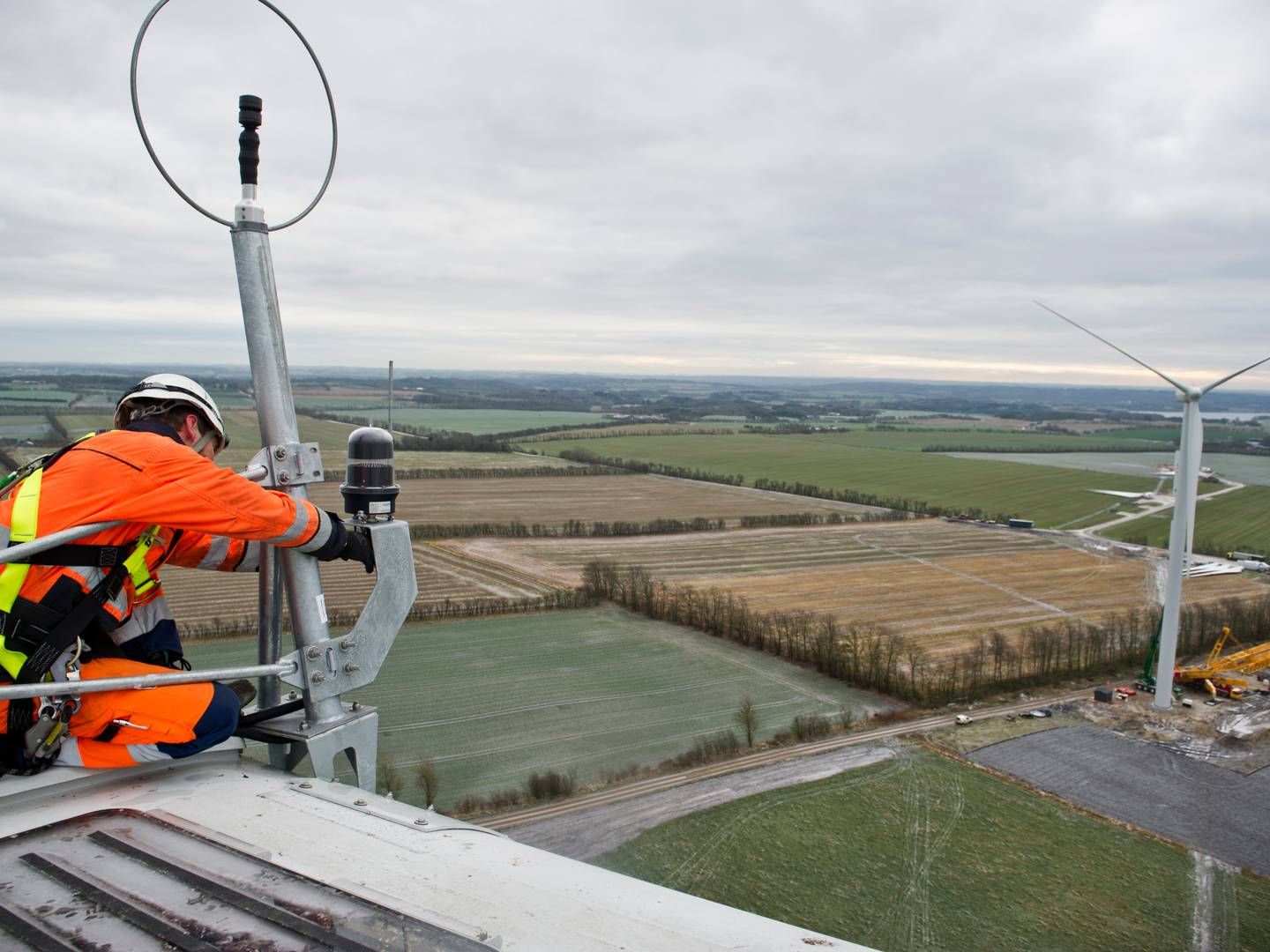



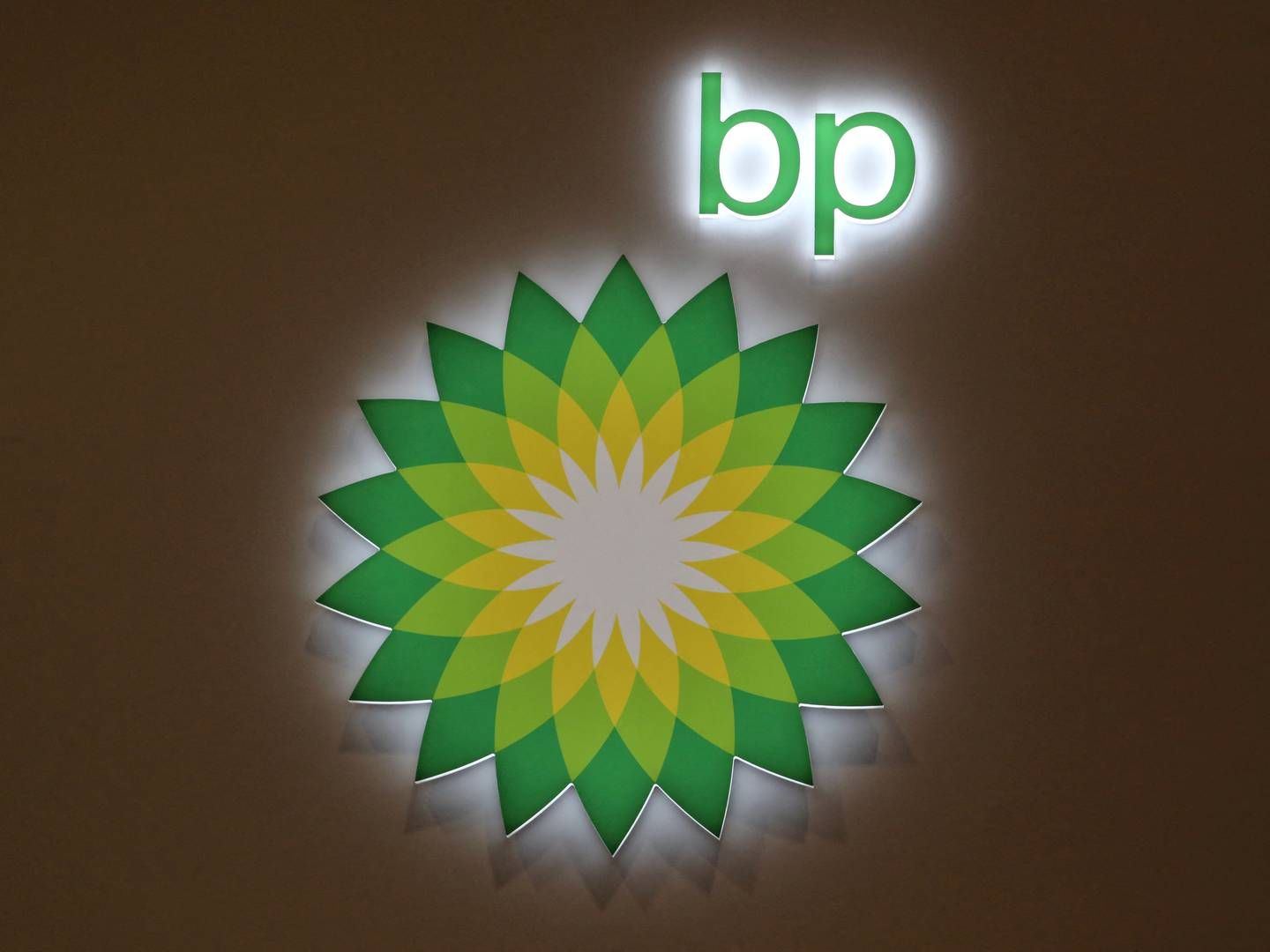



.jpg&w=384&q=75)




